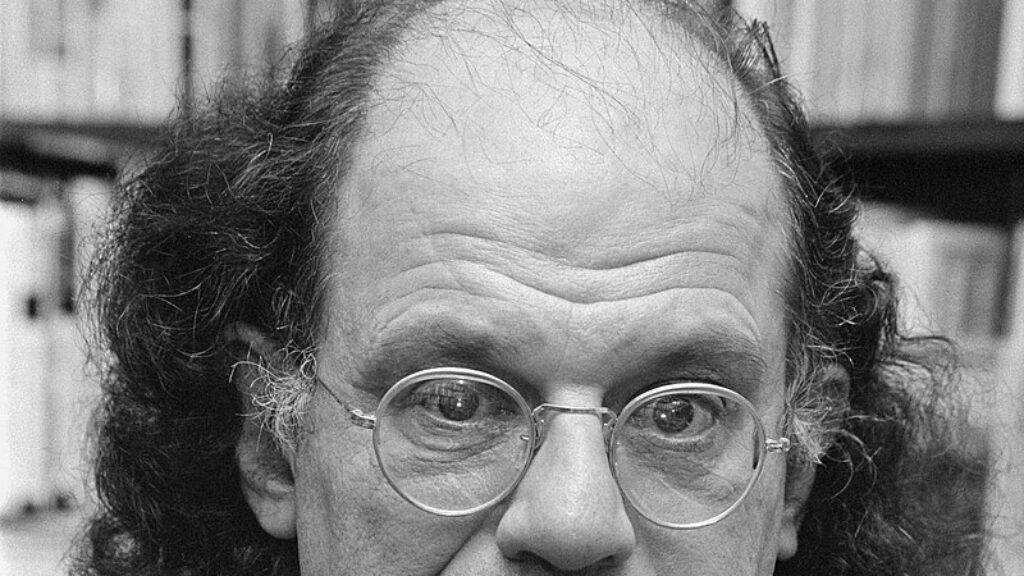The Jewish Pursuit of Knowledge
BY MORIAH SCHRANZ
There is a common stereotype that Jewish people are smart, or at least care deeply about their intellectual pursuits and development. While every stereotype is flawed, this particular typecast deserves our attention. Jews are over-represented among the great minds of the modern age, as demonstrated by the approximately twenty percent of Nobel Prize winners of Jewish origin, including household names such as Albert Einstein and J. Robert Oppenheimer. This is no coincidence. While most of these notable geniuses were secular, many of them credited the role that Judaism played in their lives and successes. Einstein in particular believed that Judaism played a pivotal role in his cultural and ethical values. The ambition of the Jewish mind appears to be independent from strict religious practice, yet intrinsic to the Jewish people. What explains this?
One of the most significant Jewish texts, the Talmud, plays a central role in the Jewish intellectual tradition. Tractate Shabbat 127a reminds us that “the study of Torah is equal to all other mitzvot combined.” Historically, Jews have stuck to the study of Torah, and by extension, to their ideals, even if it meant risking their lives. Throughout the Spanish Inquisition of the late fifteenth century, Jews continued to study secretly and did not let persecution stop them from educating their children and perpetuating their Jewish legacy. The secret study and transmission of Torah predates the Inquisition; in antiquity, Jews fled the Greeks to protect their study of Torah, as described in the story of Chanukah. There were secret schools established in many of the ghettos throughout Nazi-occupied Europe. The historical pursuit of knowledge in dangerous times shows just how far Jews have been willing to go for the sake of learning. This impulse appears to have served us well as we entered the modern period.
The late Rabbi Lord Jonathan Sacks, a thought leader in both Torah and Western philosophy, highlighted the emphasis Judaism places on education and its pivotal role within the religion in his 2004 book, From Optimism to Hope: “Long ago the Jewish people came to the conclusion that to defend a country you need an army. But to defend a civilization you need schools. The single most important social institution is the place where we hand on our values to the next generation—where we tell our children where we’ve come from, what ideals we fought for, and what we learned on the way. Schools are where we make children our partners in the long and open-ended task of making a more gracious world.”
Rabbi Sacks, a leader of twenty-first century Jewry, understood that we have an ongoing responsibility to perpetuate the Jewish intellectual tradition, and by strengthening our educational institutions we can ensure our future and the success of Jewish minds.
Today, many leading Jewish organizations place a strong emphasis on youth education. They make large financial investments to facilitate the intellectual development of future generations of Jews. I witnessed this investment firsthand as a fellow at both the Tikvah Fund and the Shalom Hartman Institute. Through these organizations, I frequently find myself in Zoom classes with peers across the country, engaging with ideas and foundational texts of the Jewish and Western traditions.
In a recent class, we discussed Rabbi Sacks’s The Great Partnership alongside Republic. In the midst of this discussion, I took a step back and realized how unique of a position I was in, having the opportunity to discuss one of the greatest philosophers of all time, in the company of my Jewish peers, whom I deeply admire. None of us had to be there, but we saw the intrinsic value in the learning we were doing in our free time. We were eager to discuss and debate, participating in the unbroken chain of Jewish intellectual activity.
Ultimately, this time-honored tradition of Jewish learning is rooted in the desire to seek knowledge, and to ask questions. Pirkei Avot (Ethics of the Fathers) teaches, “Who is wise? One who learns from every person.” This mindset promotes a willingness, common among Jews, to hear each other out and grow from others. The emphasis on respectful debate may be one of the secrets to the success of Jews in modern society.
It is not easy to be a Jew. Judaism is a religion of many laws, and our people have faced countless persecutions. To truly understand the foundation of Judaism, it is necessary to ask questions, even when a clear answer eludes us. This is taught to us from a very early age. During the Passover Seder, it is tradition that the youngest person present recites the Four Questions, pondering the rituals observed during the holiday. Questions are encouraged in many areas of Judaism, especially from the youngest among us. I attribute our disproportionate intellectual achievements to this foundational, questioning attitude. It is this continuous Jewish pursuit of knowledge, despite the constant chaos of the world, that has helped Judaism remain a thriving religion and a source of inspiration to the world.
Suggested Reading

Shining Our Light Unto the Nations Through Jewish Teachings
BY ADIN LINDEN Jewish history is rife with enemies, from the Egyptians to the descendants of Amalek, a lineage that is seen as the greatest enemy of the Jews and…

Between Separating Ourselves and Seeing Ourselves in Others
BY YAEL BURGESS EISENBERG When a gentile came before Hillel and said he would convert to Judaism if Hillel could teach him the entire Torah while standing on one foot,…

Fortifying the “Torah” in Torah u-madda: A Plea to Modern Orthodox Day Schools
In a deep look at his background and motivations, the picture of Jewish writer Allen Ginsberg becomes more clear to the observer. His difficult past and masterful mix of secular, religious, and kabbalistic, as well as various other, themes in his work came to a head in his poem "Kaddish", written to be an elegy for his mother.

Learning as Creation: The Power of Jewish Education
BY ZACHARY KROHN It is no secret that education is one of the highest values of Judaism, and one can give many reasons for why that is the case. Education…